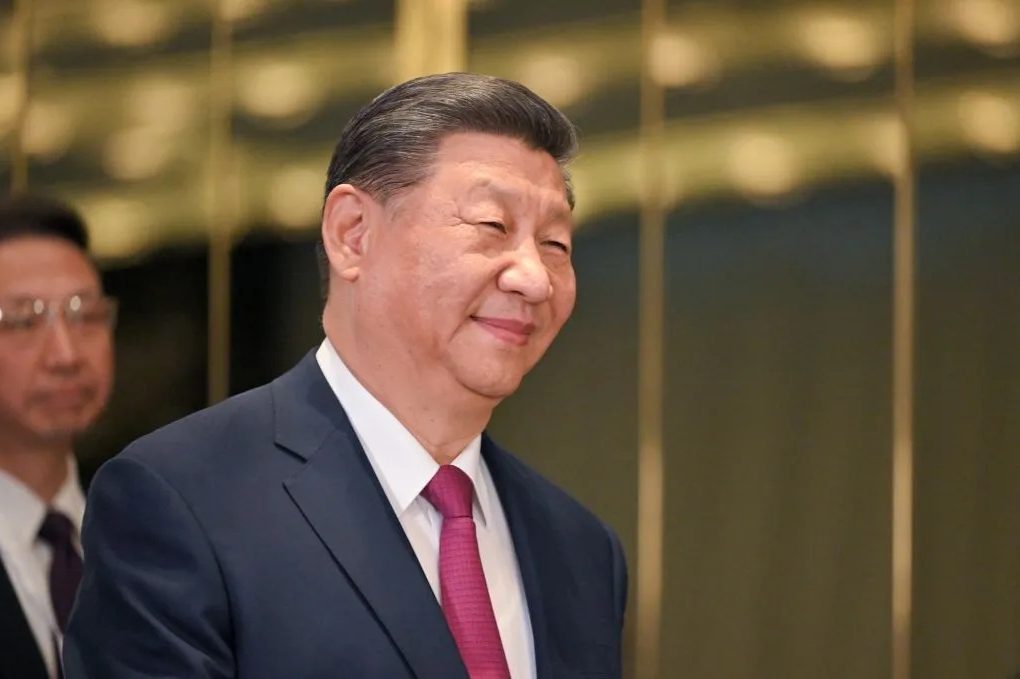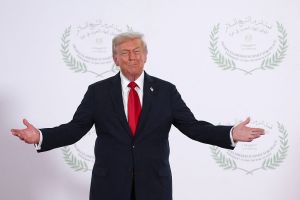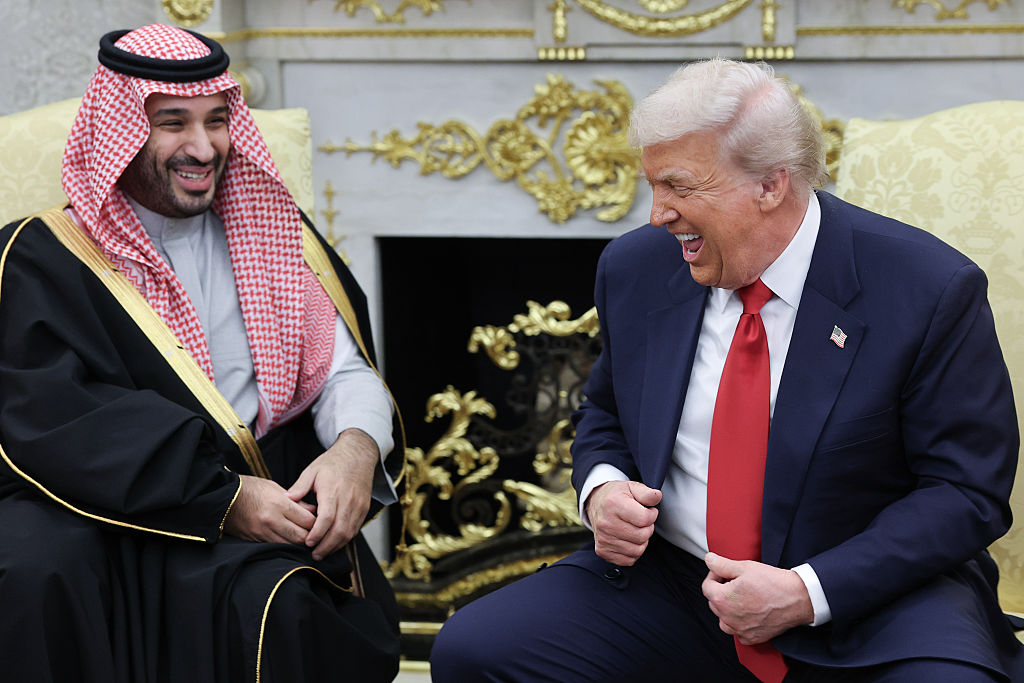“To get rich is glorious” is perhaps the most over-used slogan attributed to Deng Xiaoping, the paramount leader who reformed China and opened its economy up to the world. There is no evidence that he actually said it, but regardless it seemed to capture the mood of that era. In the China of Xi Jinping, to get rich is decidedly dangerous, which may account for why the number of super-rich (or at least those admitting to it) is in sharp decline, with many now clambering for the exit to protect their wealth and their liberty.
According to a rich list compiled by Hurun, a research group, the number of dollar billionaires in China has fallen by more than a third over the last three years. The figure now stands at 753, a 36 percent decline on a peak of 1,185 reached in 2021. During the last year alone, the number fell by 16 percent. At the same time, Chinese millionaires and billionaires are leaving China in record numbers, with this year expected to see the migration of 15,200 such people, according to Henley & Partners, an investment migration firm that keeps track of the numbers.
Enforced disappearances have become an occupational hazard for China’s business elite
There was a time when China’s rich liked to flaunt their wealth, but in Xi’s China that is no longer such a wise idea. The fall in the numbers compiled by Hurun may in part be a result of the rich being stealthier about their wealth, though the main reason lies in government crackdowns against entrepreneurs, the extension of Communist Party control (targeting technology companies in particular), and the precarious state of the economy more generally, with the property and stock market in the doldrums. A recent economic stimulus has given stocks a bounce, but this seems unlikely to last.
Many entrepreneurs, such as Jack Ma of Alibaba, have been forced out of the companies they founded. Others, such as Bao Fan, once one of China’s most prolific dealmakers, have simply disappeared into the party’s network of black jails amid vague suggestions of corruption. Ma’s main sin appears to have been criticizing the party’s economic competence, but at least he is still a free man.
Fan, who has been described as possibly the “best liked, best known person in the financial community in China,” disappeared in February 2023. Renaissance Capital, the company he ran, issued a brief statement a year later saying Bao had stepped down as chairman and chief executive officer due to health reasons and planned to spend more time on his family affairs. There was no further information about his whereabouts, nor the accusations against him. He simply vanished.
Others on the roll call of China’s disappearing rich include Xiao Jianhua, who was abducted from a luxury hotel in Hong Kong in 2017. He had been managing the wealth of the families of some of the country’s communist elite, but clearly not the right ones. He was not seen for five years before appearing in a Shanghai court in August 2022, which jailed him for thirteen years. Billionaire property tycoon Ren Zhiqian vanished in 2020 after calling Xi Jinping a “clown” over his handling of the Covid-19 pandemic. He was jailed for eighteen years on corruption charges after a one-day trial held later that year.
Last year, Li Hejun, who headed a vast solar-panel business and was once the country’s richest man, was detained without explanation, as was He Jinbi, the head of one of China’s largest copper-trading houses. In November last year, Chen Shaojie, the founder and chief executive of DouYu, one of China’s leading game-streaming companies, vanished. The company, which is listed on America’s Nasdaq stock market, confirmed it had “lost contact” with Chen weeks earlier. At the same time, Zhao Bingxian, nicknamed “China’s Warren Buffet” because of his dealmaking, was barred from leaving the country and then he too disappeared, reportedly taken into custody, but again without official confirmation or explanation. Others have faced exit bans and difficulties renewing passports.
Enforced disappearances have become an occupational hazard for China’s business elite. Listed companies are obliged to disclose market-sensitive information to investors, and the message “We have lost contact with our chairman” is becoming chillingly common. As Fred Hu, one of China’s most prominent investors and economists, put it during a forum organized by Bloomberg, “This sense of insecurity, in my observation, in the Chinese entrepreneur community, really I have not seen it like this since 1978.” He was referring to the turbulent years just after the death of leader Mao Zedong and before China began to open up.
Shortly before he disappeared, Bao Fan was reportedly trying to shift assets to Singapore, which is a popular destination for China’s rich migrants. In theory at least, China has tight currency controls, which only allow citizens to convert $50,000 worth of yuan into foreign currencies for transfer out of the country each year. In practice, a vast industry has taken root to circumvent the rules. Perhaps the biggest surprise in the Hurun research is that the fall in billionaire numbers wasn’t bigger. China’s rich list is becoming Xi Jinping’s hit list.
This article was originally published on The Spectator’s UK website.

























